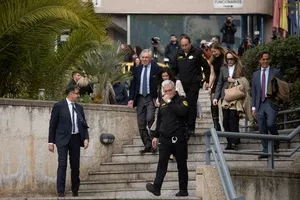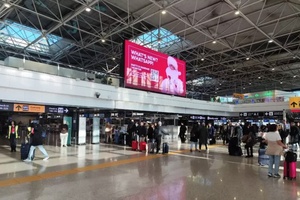Bids have been submitted from regional capitals including Bologna, Genoa, Florence, Milan, Rome, Turin and Trieste, as well as provincial capitals Alessandria, Matera, Pesaro, Rimini and Viterbo.
There were also bids from the smaller cities and towns of Acireale (Sicily), Bertinoro di Romagna (Emilia-Romagna), Jesolo (Veneto), Palazzolo Acreide (Sicily) and Sanremo (Liguria).
The next stage will see all candidates receive a more detailed document with the necessary requirements for hosting Eurovision.
These bid books and must be submitted to RAI by August 4.
The final decision will be made by RAI in conjunction with the EBU by the end of August.
In order to host Eurovision 2022, a city must have an international airport no more than 90 minutes from the city.
It should also have over 2000 hotel rooms in the area close to the venue and an infrastructure capable of hosting a large-scale live broadcast.
The venue should have an audience capacity in the main hall of at least 8000 during the event and a main hall that can house the set and all other requirements needed to produce a high-level broadcast production.
It should also have ample space within easy access of the main hall to support additional production needs, such as a press centre capable of hosting over 1000 journalists, delegation spaces, dressing rooms, artist facilities, staff facilities and audience facilities.
Most importantly, the venue must be available exclusively for six weeks before the event, two weeks during the show in May and a week after the end of the event for dismantling – nine weeks in total.
Rome hosted the last Italian Eurovision after the victory of Toto Cutugno in 1990.




























